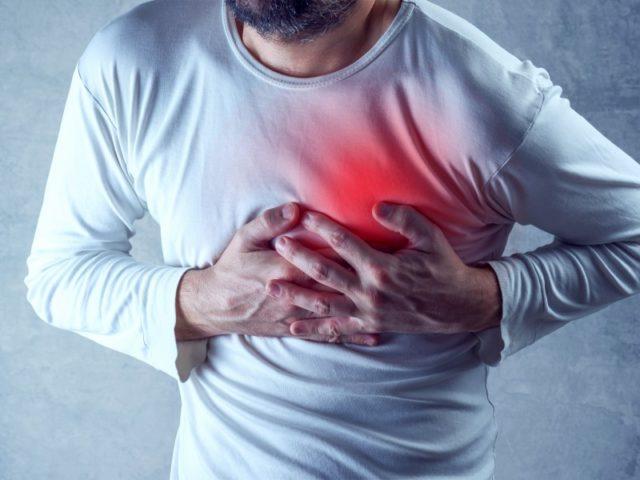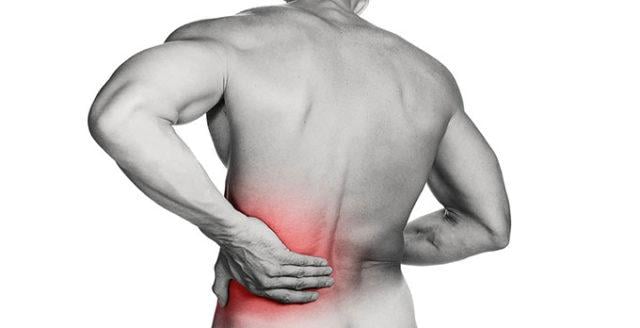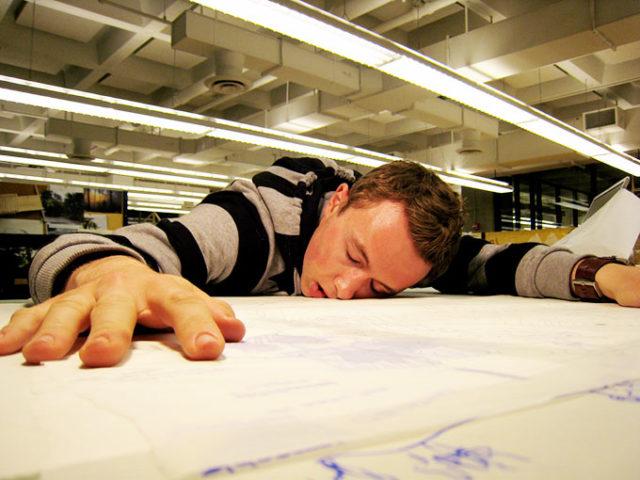You’ve been feeling a little weird lately; a twinge here, a prick there in your body that you don’t know what to make for. There’s good news and bad news for you. The good news is that it could just be something your body is getting out of its system, and it means nothing in the grand scheme of things.
But the bad news is that it could be an indication of something much worse, a bigger health problem; like a heart attack. Here are 10 symptoms of heart attack that you need to look out for. Please consult the doctor if you have one or more of them.
Chest Discomfort
If you feel a discomfort or pain in your chest, contact your doctor immediately. This could be one of the most telling sign of an impending heart attack, a blocked artery, or a heart attack itself. The pain is often described as a burning or pricking sensation or it could feel like there is pressing weight on your chest.

Stomach Pain, Heartburn, Indigestion, Nausea
These symptoms are more common with women when considering a heart attack. Of course, stomach pain, heartburn, indigestion, nausea and other similar symptoms are common with menstrual cycles. But the key is to know your body, and if something occurs continuously out of the ordinary, it might be cause for concern.

Shortness of Breath
Breathing problems are another top sign of heart disease. Shortness of breath and not being able to breathes freely when lying down may indicate that your heart isn’t doing its job properly. When the heart doesn’t pump enough blood, there is less circulation, and this may cause the blood to leak into the lungs. Again, consult your doctor if you’re experiencing difficulty breathing.

Sweating
Perspiring is a normal function of the human body. But if you notice excessive sweating, like if you feel clammy even when you haven’t done any physical activity, then it could be a sign of poor heart health. Sweating too much could be an indication that your heart is working too hard trying to overcome clogged arteries. Sweaty hands and night sweats are also possible in this case.

Back Or Throat Pain
“Referred pain” indicates sudden and sporadic pain in the arm, back, throat, jaw, and other parts of the body that are not the heart. This is because even though the parts in pain don’t seem to have any issues, it could be that the heart is sending the brain signals of an emergency and the brain is locating the pain where it doesn’t exist. If the pain appears out of the blue and lasts more than a few minutes, call your doctor immediately.

Exhaustion
Fatigue and exhaustion are symptoms of heart disease more commonly seen in women. Again, this could be related to your menstrual cycle or pregnancy. The thing to look out for is if it happens at a time that it seems odd; and it could last a day or more. Tiredness could be a sign that the heart is having difficulty pumping blood, so make careful observations and consult your doctor.

Pain That Spreads To The Arms
A sudden pain to the left side of your body that feels like its stretching from the chest to your arm is a typical sign of a heart attack. This is a signal from the heart that it is out of oxygen. The brain interprets these signals and projects them in the arm, upper back, neck, and jaw.

Dizziness
If you suddenly feel shaky, take a minute to sit down and try to breathe as calmly as possible. Dizziness could be caused by missing a meal, not enough sleep, overworking, or too much physical activity as well. But if you also felt other symptoms along with it, like chest pain or shortness of breath, call for medical attention as soon as possible.

Heart Palpitations
Atrial fibrillation occurs when the heart beats too fast and too sporadically, indicating a blood clot which is keeping the blood from flowing freely. These show up in the body as fluttering in the heart, or a racing heart that lasts too long and for no apparent reason. These are signs that should cause you concern, and a visit to the doctor is a must.

Fainting
Fainting is an extreme of dizziness. The technical term is ‘syncope’, or “passing out” in layman’s terms. This could occur due a decreased supply of blood to the brain. If you pass out suddenly, without any reason, then it could mean that your heart is in trouble and is unable to do its job properly. It’s important that you seek medical advice as soon as you can.




